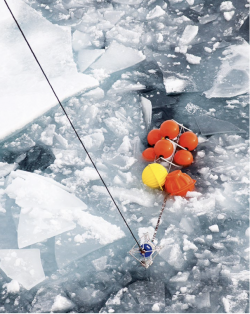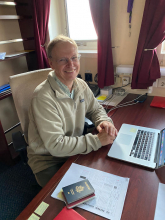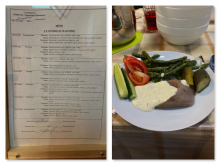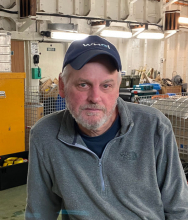What Are They Doing?

Where Are They?

Latest Journals

Elena Sparrow is an Education and outreach director/Research Professor at the International Arctic Research Center at the University of Alaska, Fairbanks. Dr. Sparrow is an expert in teaching and learning, pedagogy and education, professional development, and soil microbiology.

Igor Polyakov is a professor at the International Arctic Research Center at the University of Alaska, Fairbanks. His high-latitude climate studies focus on polar amplification of global warming, long-term variability of the Arctic atmosphere, ice, and ocean, their interconnections, and linkages with the lower latitude processes. Dr. Polyakov is an expert in oceanography, multi-decadal variability, climate change, and the Arctic.
Dr. Lauren Kipp is an oceanographer working in the Department of Environmental Science at Rowan University in Southern NJ. She uses naturally occurring radioactive isotopes to study the chemistry of the ocean, with a particular interest in how the oceans influence, and are influenced by, climate change. Much of her research takes place in the Arctic, where she has spent time collecting samples from the coast of Northern Canada all the way to the North Pole. She previously sailed on the 2015 US GEOTRACES Arctic expedition on the USCGC Healy with PolarTREC educator Bill Schmoker.

Centered on Arctic Ocean dynamics, Laura Whitmore studies several trace elements to assess their utility as indicators of circulation and biogeochemical processes. At the University of Alaska Fairbanks, she researches sea-ice geochemistry and the connectivity between the sea ice system and the ocean’s water column and is continuing research on NABOS investigating freshwater distributions and how freshwater impacts processes in the Arctic Ocean. To accomplish her research goals, she has used and participated in GEOTRACES data and campaigns to discuss the global context and applications of various trace elements. This is her first NABOS cruise and she is looking forward to future participation in the project.





